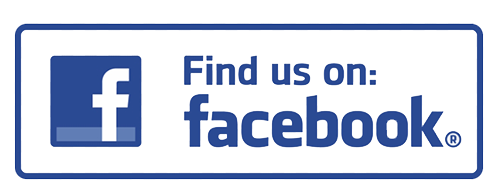No matter how often you tell yourself that you have a healthy lifestyle, it certainly is possible that, at times, one misses the signs that need to be scrutinized. The dynamics of work-life balance have changed drastically and so have the number of stressors. In addition, our hectic schedules might have an unnoticed impact on our health. Keeping a check on your heart’s health is as essential as you do for the other parts of your body. As you near the annual or bi-yearly health check-up, don’t forget to add a heart health check-up to your list. This will ensure that you are aware of how your heart is fairing and treat or prevent potential risk factors that will disrupt your heart’s health. Other than that, if there are some symptoms that you might be facing that make you think, ‘should I get my heart checked?’ then you should. It is often that we dismiss aches and pains and uncommon symptoms without giving them much thought.
Based on your assessment, your doctor will ask you to undergo certain screenings or tests that you might need. They will also indicate how often you should take those tests and evaluate your heart’s health.
When to get your heart checked?
Depending on your age group and medical history, your doctor will be able to assess when you should get a cardiac health checkup. Based on that, you will be required to take the recommended screenings and the number of times you need to take them. It is suggested to start with heart health screenings as early as possible, in the early to mid-20 years of your age, to weigh out and evaluate health factors and ensure a healthy lifestyle.
Apart from that, there are certain factors that you should consider and perform a risk assessment for yourself to discuss with your doctor for a regular heart health assessment:
- If you have crossed the age of 40 to 50 years
- If you have a family history of heart-related issues or heart diseases
- Have faced associated complications in the past
- If you smoke
- In case you are overweight according to your BMI chart.
How can you keep a check on your heart’s health at home?
Apart from going to the doctor for your daily health routine checks, you can also manage your heart’s health at home. This will help you in keeping track of your heart’s condition and report to your doctor in case you notice anything of concern for your next health screening.
1] Heart Rate
By keeping track of your heart rate, you can determine your fitness level. You will also be able to identify if there is a risk of you having any heart-related issues. The normal heart rate generally ranges between 60 to 100 bpm or beats per minute. You can check your heart rate by counting your pulses for 60 seconds. Each pulse indicates the number of times your heart has pumped blood through your arteries.
2] Blood Sugar Levels
Using a glucose monitoring device can help you track your blood sugar levels. People with high blood sugar levels are more at risk of developing heart disease than those with normal blood sugar levels.
3] Blood Pressure
Various studies have shown a link between high blood pressure (both systolic and diastolic) and the risk of heart disease. This is because high blood pressure damages your artery walls by increasing the force with which blood passes through the arteries. This can obstruct the flow of blood to and from your heart. Monitoring your blood pressure at home using a blood pressure monitor will enable you to be aware of whether you need to visit your doctor or not. The average blood pressure level is 120 mmHg systolic and 80 mmHg diastolic.
These are some of the straightforward and usual ways to make sure that your heart’s health is being checked.
What to expect during a heart health checkup?
Your doctor will take your medical case history to analyse if you have had previous heart-related issues or whether you have a family history. In addition, your eating habits, physical fitness, such as the amount of exercise you get, and lifestyle will be noted. Based on your assessment, tests will be suggested, typical of which are blood tests – to check cholesterol levels, blood sugar levels – blood pressure, weight, and height checks. If there are any potential risks, they might also ask you to do several other rests like a CT scan, Electrocardiogram (ECG), Magnetic resonance imaging (MRI), or the cardiac stress test.
Wondering where to get your heart checked? Then, visit us at Flinders Discount Chemist to get the specialized health checkup services.



